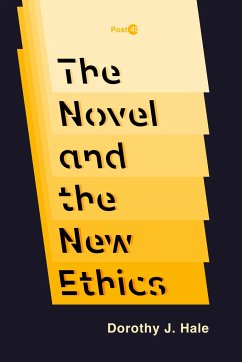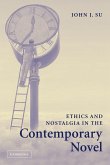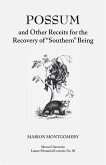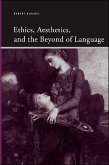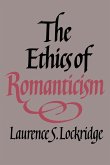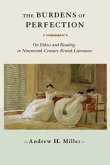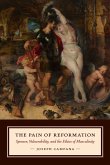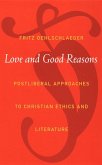"Novels can be and have been experienced as having particular ethical force and impact. But the changing cultural status of literature in the twentieth, and now twenty-first, century means that novels are judged as ethical less by their effectiveness in promoting political reform (as, say, many nineteenth-century novels aimed to do) and more through the private experience of otherness that they are felt to offer. The Novel and the New Ethics enters into ongoing conversations about the positive social value of literature and literary study. Author Dorothy Hale gathers these numerous arguments under the rubric the New Ethics, then shows that the New Ethical definition of literature is equated with one literary genre in particular-the novel. She thereby offers a motivation for the theory of novelistic aesthetics that her work puts forward through its literary history of the twentieth-century novel and analysis of key examples of novelistic practice. Hale labels the aesthetic effect of the Anglo-American novel she identifies "the aesthetics of alterity," and she argues that it is precisely this aesthetic that attracted New Ethical critics, such as J. Hillis Miller, Anthony Appiah, Judith Butler, Gayatri Spivak, and Derek Attridge, to the novel in the first place. The literary history offered here shows how willing contemporary novelists and theorists are to answer in the affirmative the question of the novel's ethicality, and it shows how much their proof for this claim depends not on empirical evidence, social investigation, or scientific study but rather on an appeal to a particular conception of novel reading"--

